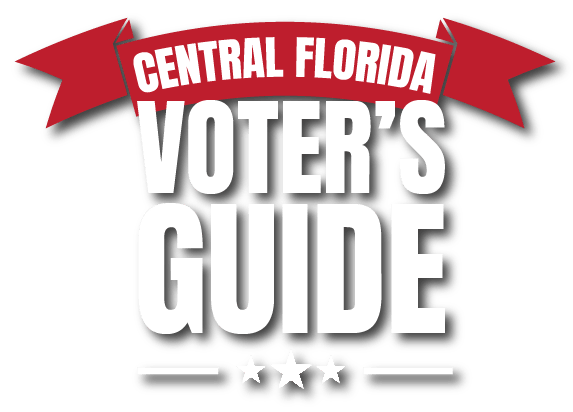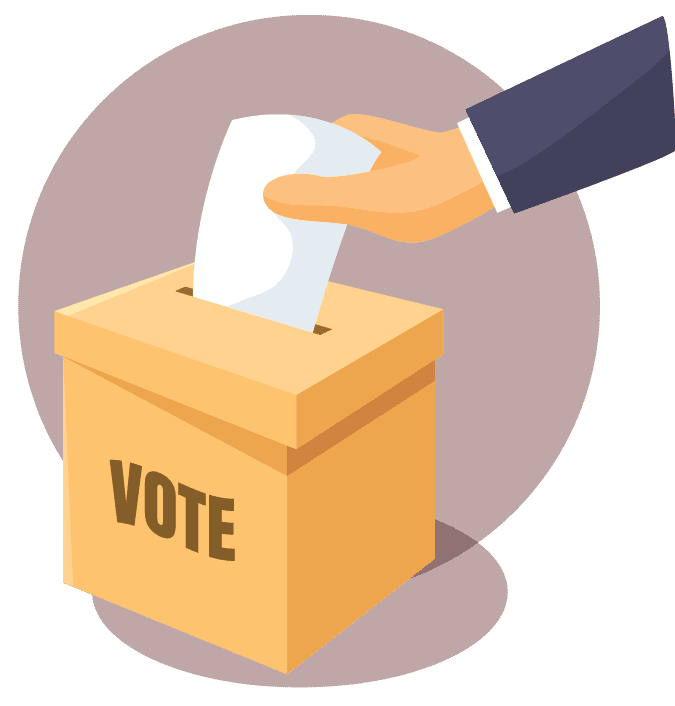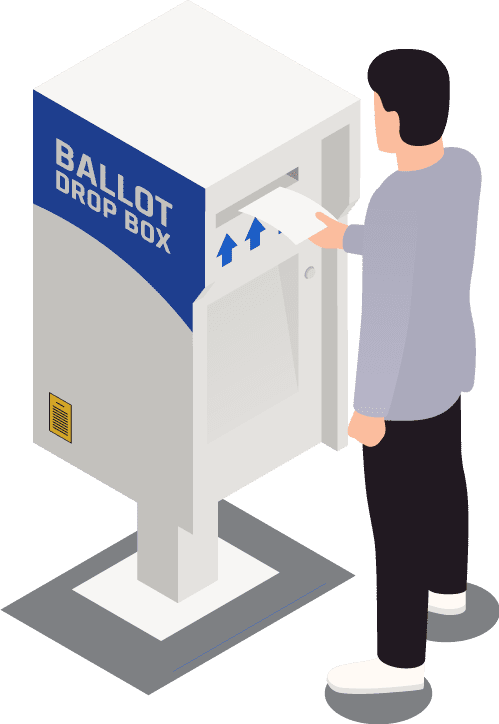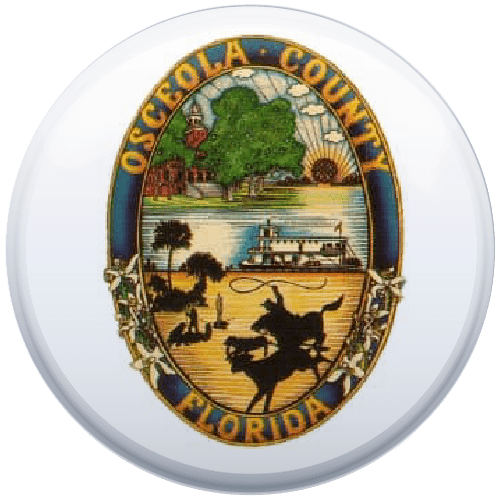
How to Vote?

Important election dates:

Primary elections:
August 18, 2020
Registration and party affiliation update deadline:
July 20, 2020
Early Voting for the Primary Elections
August 8-15, 2020
General elections:
November 3, 2020
Registration deadline:
October 5, 2020
Early voting for the General Elections
October 24-31
Learn about PARTY AFFILIATIONS


Democrat

Republican

Minor party or other

No Party Affiliation or Independent
Registration
Registering to vote is a vital step in this process, as it is necessary to vote in both the primary and general elections. To register and vote you must be a U.S. citizen, 18 years old, and a legal resident of both Florida and of the county you seek to be registered in. You must register at least 29 days before the elections to be able to vote. The deadlines to register for the upcoming primary and general elections are:
| Primary Elections Registration Deadline | July 20, 2020 |
| General Elections Registration Deadline | October 5, 2020 |
Online registration is available through
www.registertovoteflorida.gov
All you need is a Florida driver license or ID card and the last 4 digits of your Social Security Number for verification purposes. You can also choose between English or Spanish for the page (circled in orange).
Check if you’re registered:
if you’re unsure whether you’re already registered or not, click on “Am I Already Registered?”
Register to vote (or update your registration):
if you’re ready to register, or if you’d like to update your registration, you can click “Register or Update”and proceed to answer the questions.
Register by mail or in person:
online registration is the most convenient method, especially due to COVID-19. However, you can access the necessary forms if you prefer to register by mail. After completing the form, it must be delivered by mail or in person to your county’s Supervisor of Elections’ office, the Florida Division of Elections, a driver license office, or a public library.
Registering with felony status
When registering to vote through the steps outlined before, there’s an eligibility question regarding felony status. It asks voters to affirm that they’re not convicted felons, or that their right to vote has been restored. The Florida Amendment 4, passed in 2018, restores the right to vote to convicted felons after they complete all terms of their sentence (excluding those convicted of murder or sexual offenses). Therefore, someone with a past conviction other than murder or sexual offenses should be able to register following the steps explained in the previous section.
The campaign for this amendment was spearheaded by the Florida Rights Restoration Coalition (FRRC).
Their website offers lots of information that can answer specific questions regarding returning citizens’ voting rights:
CLICK HERE FOR MORE INFORMATION
Ways to vote
In person
Visit your polling place (assigned based on your address) on election date to cast your vote.
Bring a form of ID with you.
For the Primary Elections,
visit your assigned polling place
on August 18
from 7am to 7pm

By mail
You can request an absentee or vote-by-mail ballot through your county’s Supervisor of Elections website.
The ballot must be received by the Supervisor of Elections office no later than 7pm of the Election Day.
For the Primary Elections
request your ballot online or over the phone
on August 8
by 5pm

Early Voting
If you’d rather cast your vote early, you can do it between
August 8-15
for the primary elections
and October 24-31 for the General Elections.
Unlike on Election Day, you can visit any polling station if you’re voting early. your County Supervisor of Elections might offer extra days for early voting. Check their website for the most updated information.
For the Primary Elections, vote at any of the 18 early voting locations
between August 3 and August 16 (9am – 7pm)
Supervisors of Elections
In essence, each county’s Supervisor of Elections maintains all records related to voter registration. They manage new voter registrations, qualify candidates for county offices, conduct public elections, update registration information, maintain election equipment, and more. It is a very important role that ensures the voting process happens as smoothly as possible.
Your county’s Supervisor of Elections’ webpage can be a great source for registration tips, and county-specific information, such as additional days of early voting and local elections.






